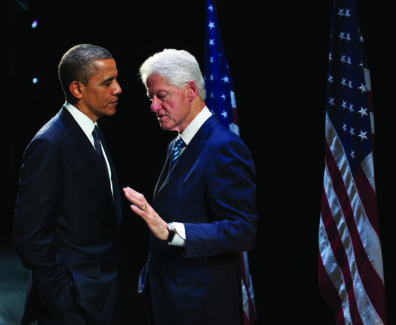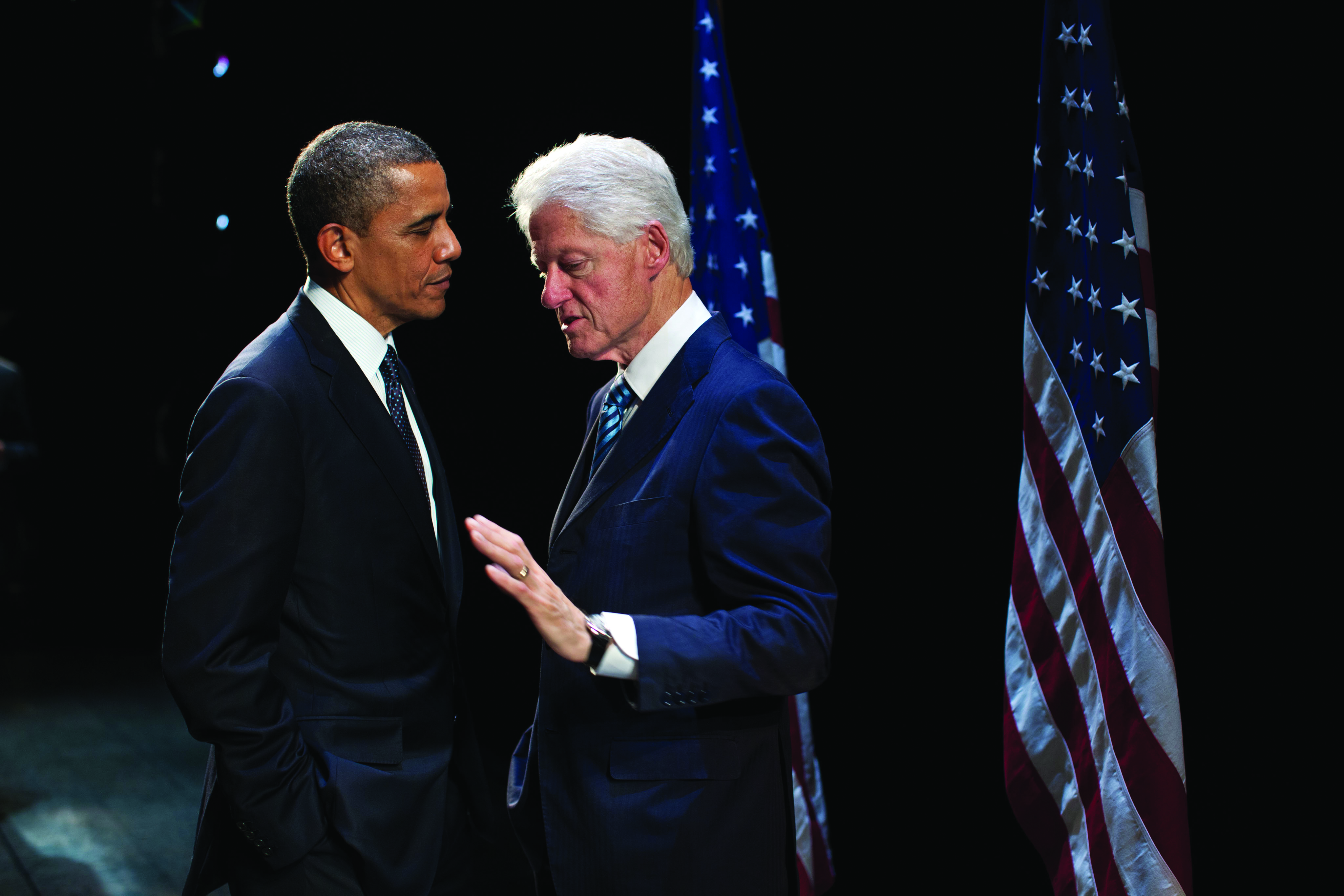
President Bill Clinton’s 1995 “wet foot, dry foot” policy, which allowed Cuban immigrants to earn citizen rights if they reached U.S. land is no more.
Obama announced his decision to repeal the legislation just eight days before President Trump’s inauguration.
“Wet foot, dry foot,” allowed any Cuban people who made it to U.S. ground become a legal citizen, an option that no other migrants had. If the Cubans were caught still at sea on their way to the United States, they were sent back to Cuba.
The White House’s statement read, “[Cubans] who attempt to enter the United States illegally and do not qualify for humanitarian relief will be subject to removal, consistent with U.S. law and enforcement priorities.”
Gary Mormino, an adjunct professor from USF St. Petersburg’s History and Politics department, didn’t think the change in policy was sudden.
“President Obama’s decision to revoke the famous ‘wet foot, dry foot’ policy was not shocking,” Mormino said. “For decades, critics have pointed out how unfair the policy was.”
Mormino addressed that when Haitians came ashore in the 1980s the United States turned them away.
Mormino believes that the policy lived on for so long because most politicians are “afraid of the wrath of the Cuban-American vote.”
“It is striking that Obama only made this decision in the last weeks of his presidency,” Mormino said. “Since 1960, the Cuban vote has become a battleground, and only in the last decade has the vote begun to shift to the Democrats. Young Cuban-Americans preferred President Obama, while their parents embraced the Republican Party.”
“Wet foot, dry foot” was put in place to help Cubans who were stuck under Fidel Castro’s communist state. President Obama worked to build a relationship with Raul Castro who took over when Fidel no longer could fulfill his duties.
Arturo Jimenez-Bacardi, another professor of the History and Politics department, says Obama put an end to the policy to continue normalizing U.S. relations with Cuba.
While President Trump could undo this change in policy, Jimenez-Bacardi doesn’t think it likely because some of Trump’s top cabinet members are against all forms of immigration to the U.S.
“I doubt any of his advisers will push President Trump to re-introduce the ‘wet-foot, dry-foot’ policy,” he said. “Especially now, since reintroducing this policy would likely lead to a massive wave of Cuban immigration into the U.S., which several of Trump’s cabinet members and the president’s base of supporters would oppose.”
Jimenez-Bacardi can see both sides to the new change.
“Overall, I think it was a good change in policy. On the one hand, I recognize that the decision will negatively affect many Cubans that were hoping to come to the U.S.” he said. “On the other hand, it puts an end to an antiquated policy and makes the broader U.S. policy towards refugees fairer and less politicized.”
Jimenez-Bacardi says he suspects that this effort will help improve U.S. relations with other Latin American countries.
As for relations with Cuba, Jimenez-Bacardi doesn’t think the policy will have a sizable effect because of the U.S. election and recent inauguration of President Trump.



